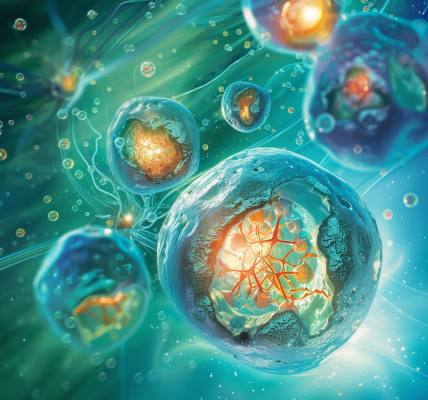A recent study from the University of Chicago has provided new insights into the treatment of neuroblastoma, a common childhood disease that originates in developing nerve cells outside the brain. Despite advancements in treatments, over 40% of patients with high-risk neuroblastoma do not survive.
The study suggests a new treatment strategy for neuroblastoma that focuses on RNA alterations associated with the condition. Researchers have discovered that a pharmacological molecule designed to block proteins that modify RNA transcripts can inhibit the proliferation of neuroblastoma cells. This promising approach has also shown to inhibit the growth of neuroblastoma tumors in mouse models.
According to Susan Cohn, MD, Professor of Pediatrics and senior author of the study, current approaches struggle to cure high-risk neuroblastoma, leading to treatment-related toxicities in survivors. The new therapeutic strategy involves using drugs that alter gene expression by inhibiting RNA modifying proteins, potentially revolutionizing the treatment of neuroblastoma patients.
Advancements in genetic sequencing and chemical biology have identified numerous genetic links to cancer. However, DNA alone does not provide the full picture. Modifications to DNA and RNA, such as those added by proteins like METTL3 and METTL14, act as molecular switches that influence gene expression and cellular processes.
Collaborating with Chuan He, PhD, a leading expert in RNA and DNA modification research, the study delved into the effects of RNA methylation in neuroblastoma. Dr. He’s research has uncovered new regulatory pathways through RNA modifications, shedding light on potential treatment avenues for the disease.





